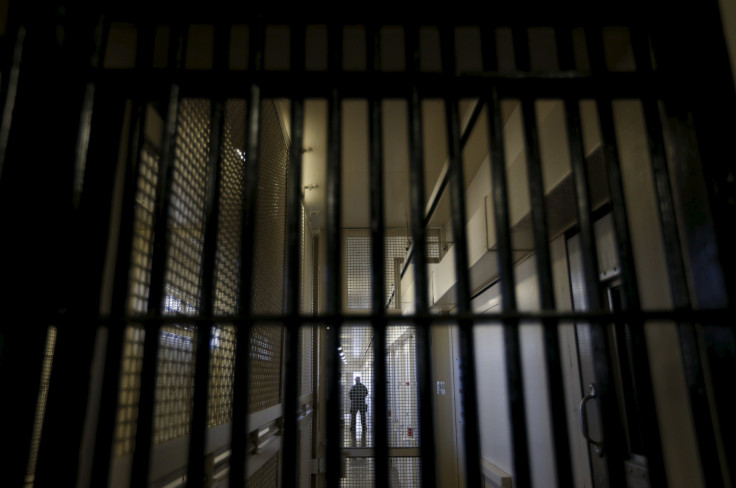California Death Penalty Debate: Will The State Change Its Lethal Injection Procedure?

California, the state with the most inmates on death row in the country, is debating whether to simplify its lethal-injection protocol, eliminating the three-drug cocktail previously employed to put prisoners to death and replacing it with just one drug. The three-drug concoction was deemed unconstitutional about 10 years ago because it was believed it might be too painful for the condemned convicts.
Since then, some have grown tired of waiting for California to find a new way to execute those sentenced to death.
“As of next month, the state will have been remiss in its duties for a decade,” Michele Hanisee, vice president of the Los Angeles Association of Deputy District Attorneys, said at an informational hearing in Sacramento Friday, according to Reuters. “The family members of the victims are dying before the murderers.”
However, the planned change in the protocol may not go forward. A ballot measure has been proposed that would do away with the death penalty in California, replacing it with life in prison without the possibility of parole, the Sacramento Bee reported.
The proposal indicates the state “spends millions of taxpayer dollars providing lawyers for death-row inmates, only to see the murderers it has sentenced to death by execution die of old age in prison.” Advocates of the abolition of the death penalty hope to get the proposal on the ballot in November, when another measure designed to speed up executions also would be considered.
The informational hearing Friday centered on the possible use of the single drug, a barbiturate, at a time when the state is divided over the effectiveness of the death penalty. Linda Fox, a member of Death Penalty Focus, a nonprofit group dedicated to the abolition of capital punishment, said at the hearing that using a barbiturate to execute prisoners could not be proved less painful than the current method.
Clerics were also at the hearing to express their dissatisfaction with the concept of the death penalty. The Rev. George Horan, a Roman Catholic priest based in Los Angeles, said crime cannot be “overcome ... simply by executing criminals,” the Sacramento Bee reported.
As of July 1, California had 746 death-row inmates, followed by Florida with 400, according to the Death Penalty Information Center, a nonprofit group providing analysis and information on issues concerning capital punishment. Meanwhile, those on death row are more likely to die from either natural causes or suicide than from execution.
© Copyright IBTimes 2024. All rights reserved.





















